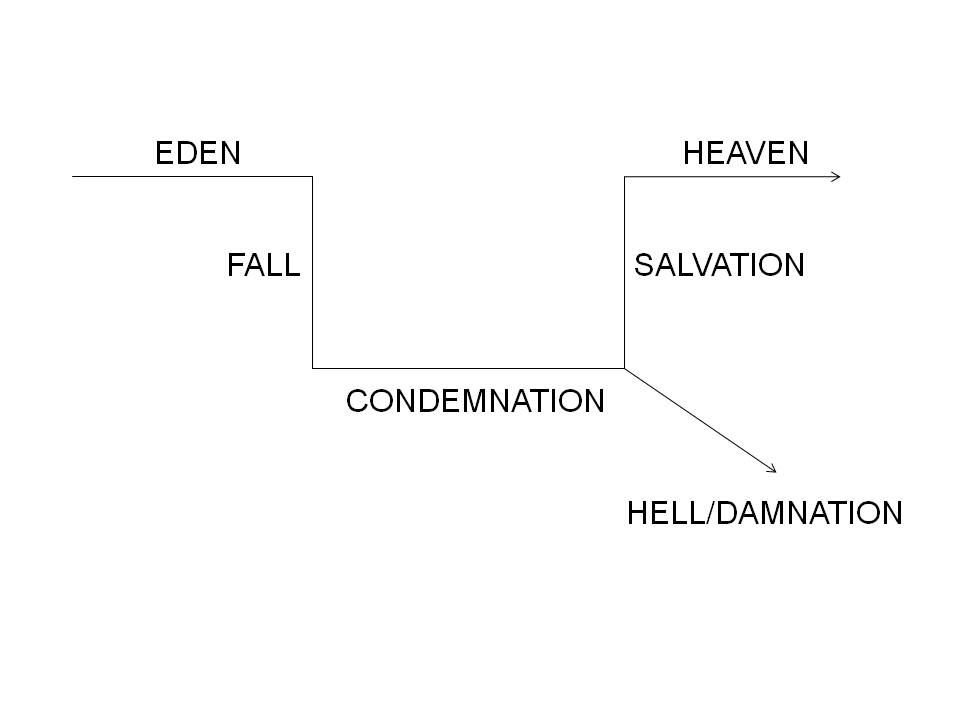 A New Kind of Christianity: ten questions that are transforming the faith
A New Kind of Christianity: ten questions that are transforming the faithBrian McLaren
This is an important book. Since I attended the UK launch a mere three months ago, and have already (!) finished it, I guess you'd have to say it got my attention. McLaren has written enough that he must by now be regarded as "prolific". This book strikes me as one of his most important, though he seems to set more store by Everything must change. I think the new book is much better-edited than that one.
I do have the same criticism, though, as I wrote in my review of that book (and various commenters helped to explore): for all of wanting a new, more inclusive, less certain, more dynamic kind of faith, he does seem to dwell rather heavily on a dichotomous presentation: people used to think X, but a new way of looking at it is to think Y. For nearly all of his points, I'd much rather say that there tended to be an emphasis on X (but Y was present), but if we expand the emphasis on Y, we get a more rounded view, and that leads us to de-emphasise X.
Examples? Well, when you're talking about a question of emphasis, it's hard to pin them down. But let's try: he discusses various approaches to eschatology (that's the study of end times, not escapology :) ). And observes that these things shape our behaviour and priorities in the here and now. I don't doubt that - but the idea that we are all in thrall to whacky dispensationalism of one kind or another doesn't really seem to play out in the evangelical churches I'm familiar with. There is generally a very open-handed 'we can't really know for sure' kind of perspective preached: which also has an impact on how we live right now.
But for all his over-stated rhetoric, the perspective he brings is fresh, and his emphasis distinctive - even if I don't think it's all truly as novel as he (or his detractors) would suggest. And I know that he has many detractors. His writing has been criticised as theologically naive or historically amiss: there are certainly bits that I'd take with a pinch of salt, but this is a popular book, not a dry theological essay. I find proper theology very hard to cope with, but can read McLaren quite comfortably.
And for all my complaining, I certainly wouldn't claim we've "seen it all before". The first of his ten questions asks "What is the overarching storyline of the bible?" and the answer certainly isn't the one you learned in (evangelical) sunday school. He talks about this 'six-line diagram':

(h/t: thoughtsinpencil whose reproduction I have borrowed to save me drawing it for myself)
and he goes on to argue that, far from being the biblical story, this is the Greco-Roman Platonic story. I understand this is far from being a new observation. But he goes on to suggest other ways to frame the biblical story. This, in a sense, is fairly radical for an evangelical - as is the suggestion that the bible be read not as 'constitution' but as 'library'.
For his methodology remains evangelical, it seems to me: over and over, the chapters contain substantial exposition of particular passages of scripture. From his way of understanding the bible text, I guess we'd have to say that he does this because they are useful passages from which to draw lessons, rather than because they can be plucked from obscurity to prove a particular point. But his exegesis is generally convincing and helpful.
The methodology seems a little wanting in the chapter on "How should followers of Jesus relate to people of other religions?" I can't help thinking that drawing on the experiences of those contemporary with Jesus - in a very pluralistic society - would give us some insight. But his approach takes another line - based upon the Golden Rule.
I began by saying that this is an important book. I hope that many close to me will read it - I shall encourage them to do so, so that we can discuss it. A consistent theme across McLaren's writing is that we are in the midst of a shift in Christian thinking as profound as that which took place at the Reformation. I find it hard to imagine in 500 years that his name and work will carry the weight of Luther's or Calvin's today - but at least a part of me hopes that he will carry large numbers of people with him. I don't suppose he cares whether it's his name that gets attached to a new kind of Christianity, but he does look forward to something renewed. I'd have to agree with him that such thinking - and, as he stresses, acting too is needed and timely.
1 comment:
I found his example of the church's stance on slavery (past and present) useful in his exposition as to why the old way of using the Bible (i.e. proof texting) quite useful.
Haven't finished reading yet though but like Mclaren's a)people skills. He listens and engages! and b) that his writing makes me think. That's always good
as you say he wants something more from church ...that's a great starting point :)
Post a Comment